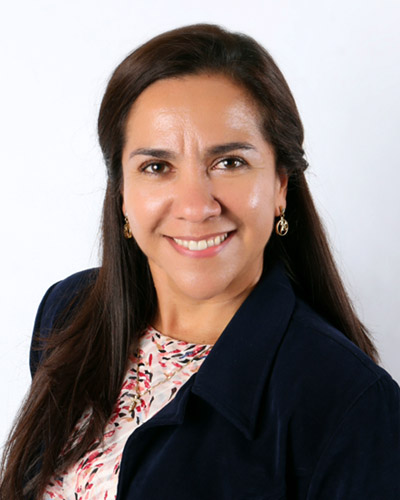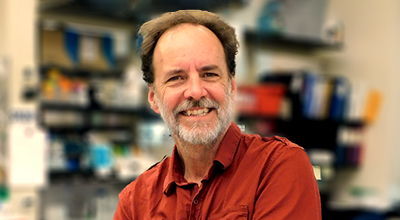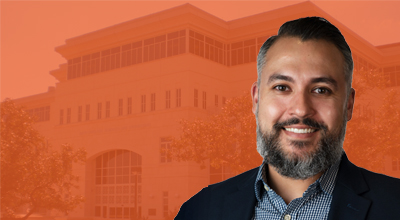The Department of Molecular Microbiology and Immunology (MMI) at The University of Texas at San Antonio is a comprehensive academic unit that offers a B.S. degree in Microbiology and Immunology, a M.S. degree in Biotechnology, and a Ph.D. degree in Molecular Microbiology and Immunology.
MMI unites an engaged community of researchers, educators, and students.
The department offers programs that supports students interested in pursuing professional or graduate programs (e.g., medical, dental, pharmacy and veterinarian) in health-related professions. Graduates will be prepared for careers in biomedical research, veterinary science, pharmaceutical research, lab technician, food safety, scientific writing, quality control, recombinant DNA technology, fermentation technologists, education, medical diagnosis, and biotechnology research. See the Degrees page for more information. Students can also visit the UTSA Health Professions office for more information.
Interested in medicine, biomedical research, infectious diseases, vaccine development, or diseases of the immune system? Please visit our faculty page for more information on specific areas of applied research.

Contact
Professor and Department Chair
Molecular Microbiology and Immunology
Astrid.Cardona@utsa.edu199
Undergraduate Students
51
Graduate Students
48
Faculty
$7.6M
Research Expenditures
Faculty Position for Fall 2024
The Department of Molecular Microbiology and Immunology invites applications for an Assistant Professor in Immunology for Fall 2024. Use these links for additional information on how to apply.
Latest MMI News
View All MMI News
April 18, 2024
Jose Lopez-Ribot recognized for research on fungal infectionsPublished by UTSA Today

February 28, 2024
UTSA researcher Karl Klose honored by NAI for impact on medical industryPublished by UTSA Today

November 7, 2023
UTSA microbiologist Jesús Romo '10, '12, '18 selected for prestigious Hinton AwardPublished by UTSA Today
Social Media
Stay connected & engaged with UTSA MMI!


